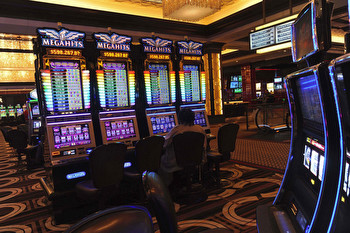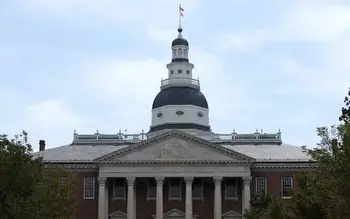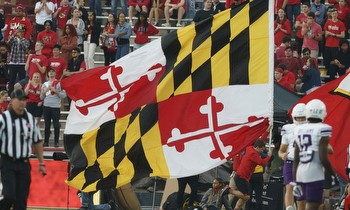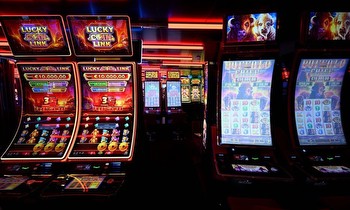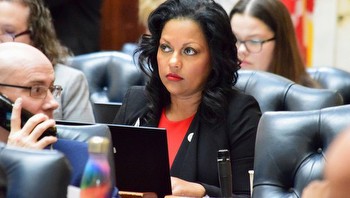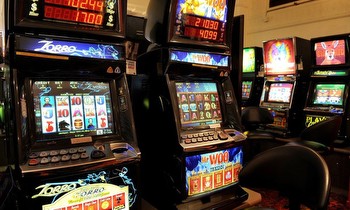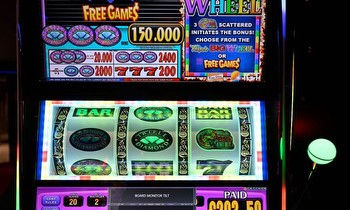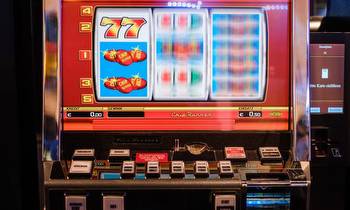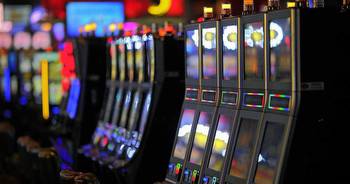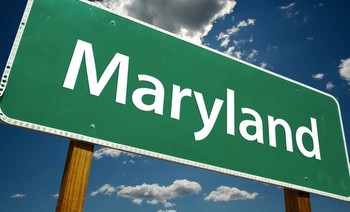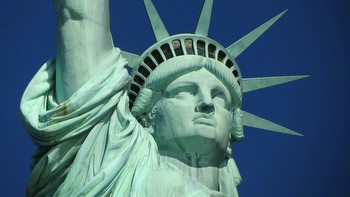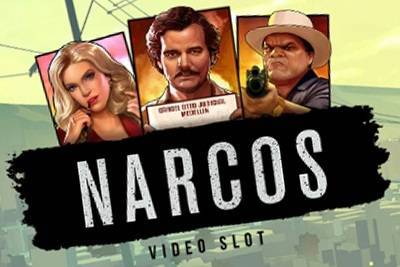Maryland Online Casino Discussions Ramp Up
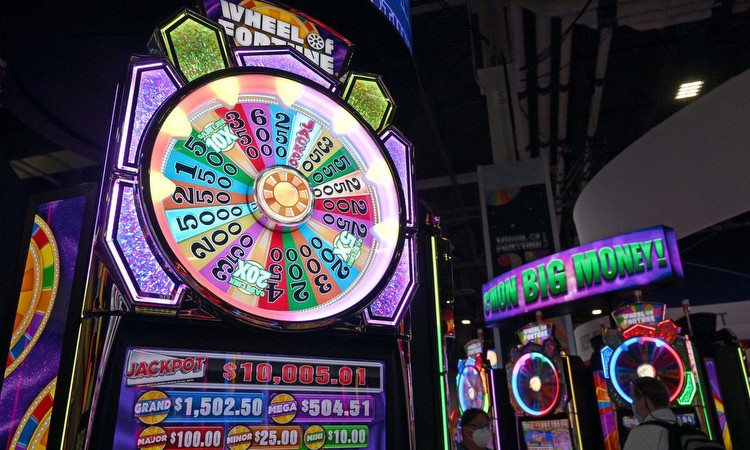
The debate over legalizing online casinos in Maryland intensified Monday, as the House Ways and Means Committee met for several hours of detailed discussions about the pros and cons of mobile casino apps.
Brick-and-mortar cannibalization, revenue projections, and problem gambling were all discussed. There wasn’t a vote on House Bill 1319 during Monday’s lengthy committee hearing, but if it becomes law, the legislation — proposed by Del. Vanessa Atterbeary — could bring up to 12 mobile casino apps to Maryland.
Another online casino bill, SB 603, is expected to be discussed in a Senate committee Wednesday.
Heated debate over recent studies
Monday’s discussion gave legislators an overview of the key aspects of the proposed House bill, essentially serving as a thorough informational session. The dialogue wasn’t without heated moments. Among the most contentious debates addressed the credibility of recent online casino studies and reports.
The Innovation Group at the end of 2023 about the potential benefits of online casino legalization in Maryland, but it also suggested some cannibalization of brick-and-mortar casino revenue could be possible. It recommended tethering licenses to the state’s brick-and-mortar facilities to eliminate possible cannibalization concerns.
Another report shared earlier this month was commissioned by iDEA Growth and conducted by Eilers & Krejcik Gaming. It suggested that cannibalization fears are overblown. The report took specific aim at The Innovation Group’s cannibalization suggestions in Maryland.
Finally, a report conducted by NERA Economic Consulting – and commissioned by the Campaign for Fairer Gambling – suggested online casino legalization can come with a significant negative impact to a state’s economy. The report used New Jersey as an example, and it cited a previous UK study to help draw conclusions about the Garden State.
Jeff Ifrah, iDEA Growth’s founder, passionately criticized the NERA study on Monday. He questioned the report’s findings, since researchers didn’t speak with anyone from New Jersey or Maryland about their respective spending habits.
“They were paid a very minimal amount by someone who opposes gaming and opposes iGaming to come up with something, so they went to a bunch of Londoners and said, ‘Where do you spend your money?’” Ifrah said. “I know where they don’t spend their money. They don’t go to dentists. I go to a dentist in Maryland. My teeth look good, so what does that mean? We spend money differently. It’s not just to make fun of their bad teeth. We spend money differently. It’s not a credible report.”
The iDEA Growth report comes with some flaws of its own, however, as some of its survey results discrediting cannibalization fears include sample sizes of just five casino executives. Those comments questioning cannibalization contain anecdotally relevant information, but a sample size of just five people isn’t representative of all casino executives and stakeholders.
The three notable recent reports about online casino legalization are all available to state legislators. Unfortunately for those legislators, the findings of each report differ, and the backers of those reports vehemently disagree on the credibility of each.
Retail casinos split
If the differing studies didn’t provide enough mental clutter, even representatives from the state’s retail casinos shared opposing views on legalizing mobile casino games.
Several Live! Casino employees spoke against legalizing online casinos, fearing that bringing mobile casinos to Maryland could cost them their jobs. But Randy Conroy, the general manager of Horseshoe Casino Baltimore, spoke in favor of online casino legalization. He argued that the digital betting platforms would benefit his retail business, suggesting that the apps could encourage some people who haven’t visited casinos in years to visit a physical location as well.
Maryland’s legislative session runs through April 8, and the crossover deadline for bills is March 18. State legislators have significant information to consider – there are dozens of proponents and detractors of the mobile casino legislation – during those short weeks.
“Way to hang in there,” Atterbeary said to her committee members once Monday’s marathon hearing ended.
If one of the two online casino bills makes it through the General Assembly, it will still need voter approval in November for mobile casino legalization. Should that occur, a launch of online casinos likely wouldn’t occur in Maryland until 2025 at the earliest.











